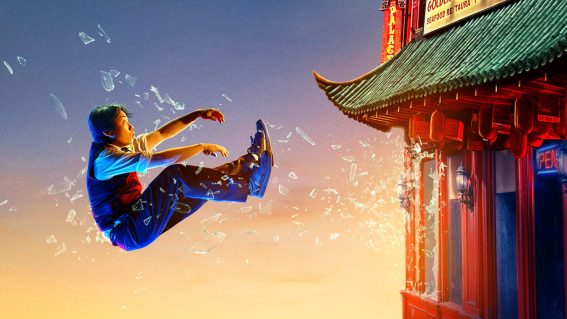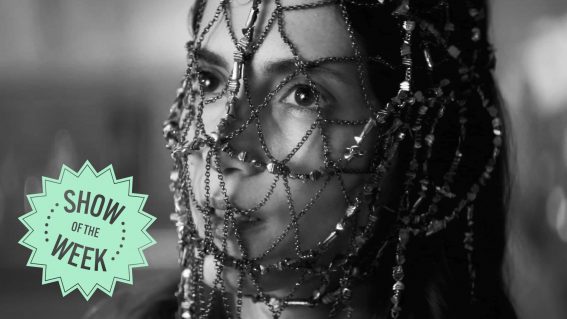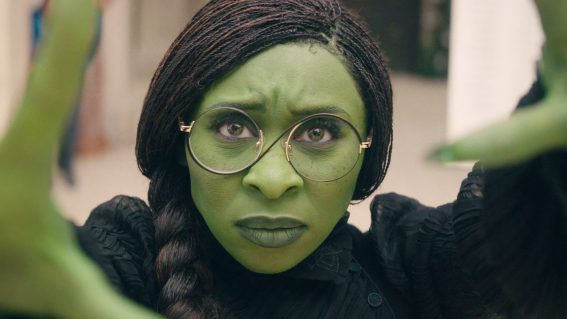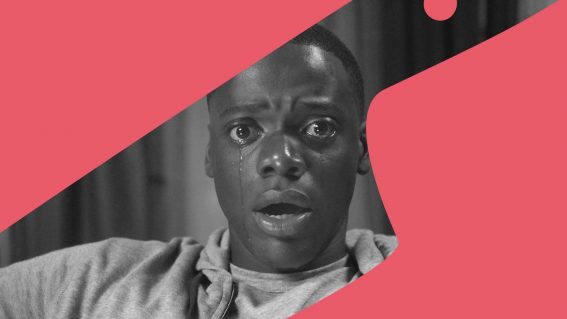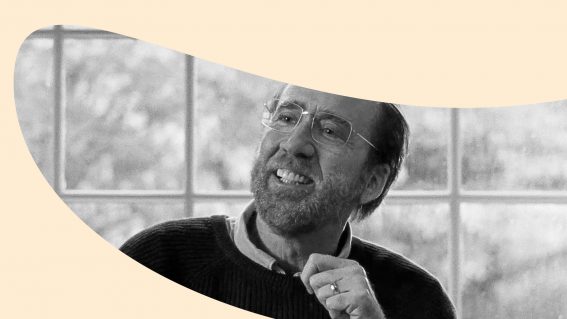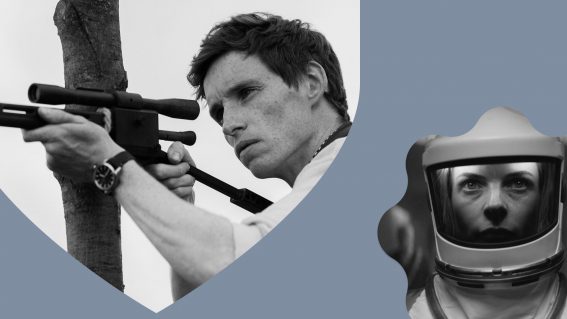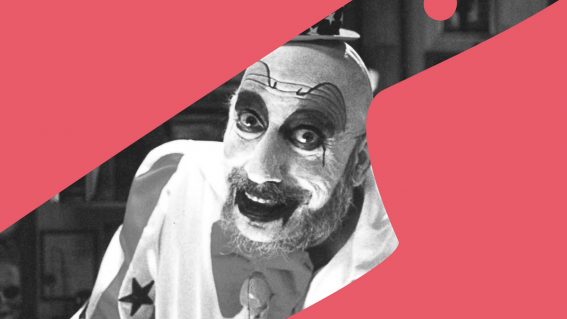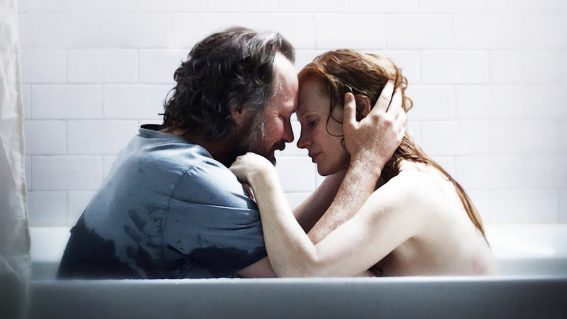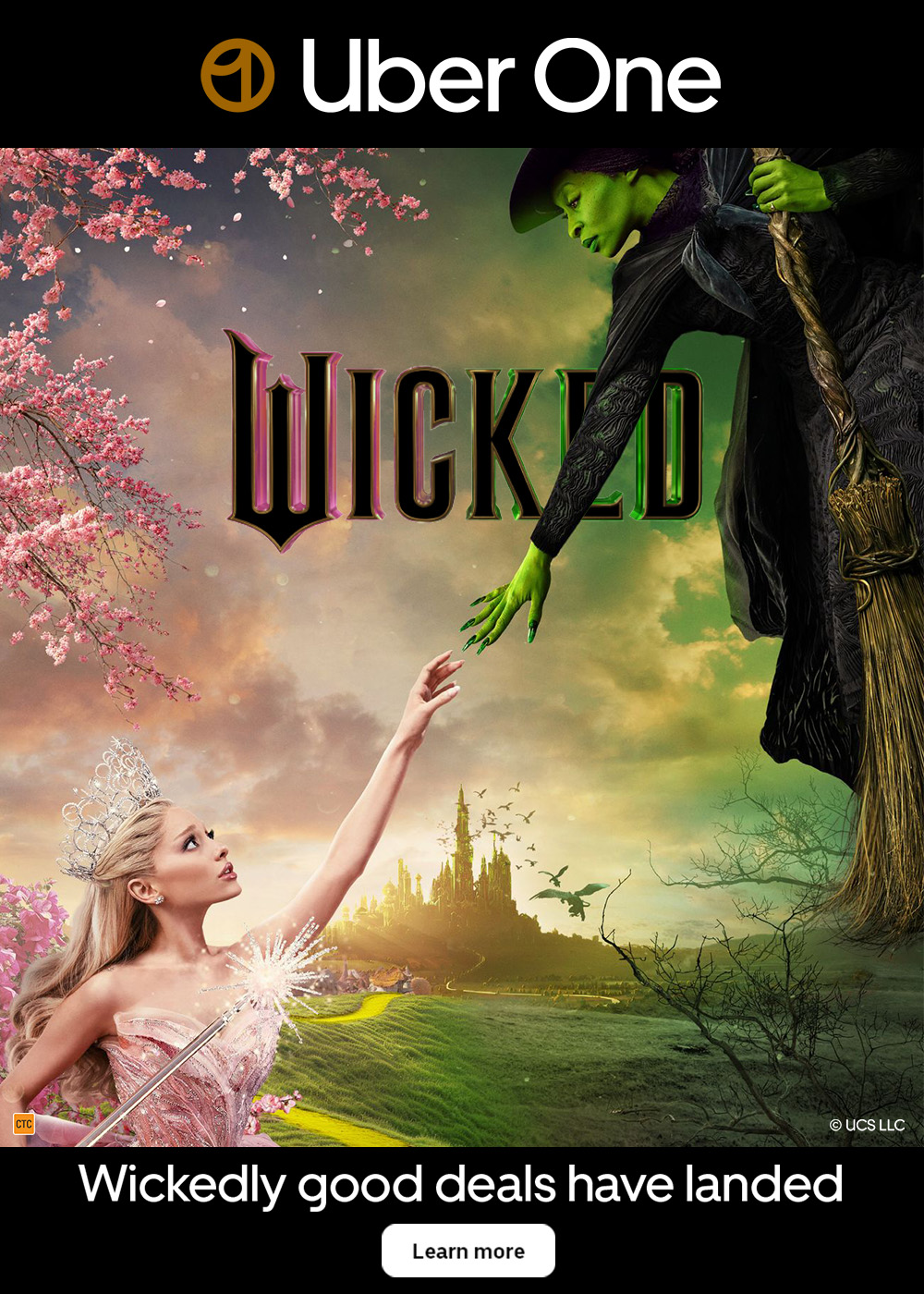Interview: Ghosthunter director Ben Lawrence on making a documentary about being haunted by the past
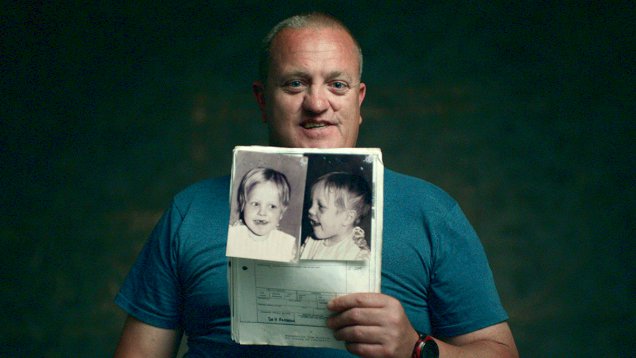
In his debut feature documentary Ghosthunter, filmmaker Ben Lawrence introduces us to Jason King, a beefy but amiable security guard from Sydney’s Western reaches who has an unusual hobby. He moonlights as a paranormal investigator, investigating alleged hauntings in his spare time.
However, while the reality of the ghosts that Jason chases is up for debate, the past that haunts him is all too real: a childhood of unspeakable abuse, and memories so terrible they have been locked away forever. What begins as an eccentric journey into esoteric become a seven year investigation into one tortured man’s personal history – and ultimately an exorcism of an altogether different kind.
With Ghosthunter currently in cinemas nationwide, I spoke with Lawrence about his harrowing but healing film.
TRAVIS: How did you first become aware of Jason, and what made you think he’d be a good subject for a documentary?
BEN: I became aware of Jason in 2010 through an article, a very small article in the local free paper. All it said was that Jason was a local security guard who had a hobby for ghost-hunting, and the way he got into it was that he lost his brother in a car accident and he saw his brother’s ghost. So that’s all I knew, but that was enough of a hook. I just thought “that’s something – that’s really interesting”.
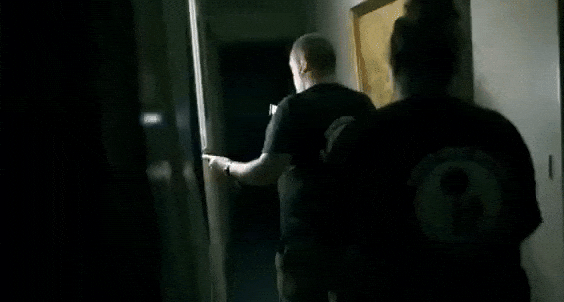
There was also a photo of him and he looked like a really intriguing guy, and not what I would associate with ghost hunters or people who are into the spiritual world. He kind of already looked like a contradiction, this burly security guard who was into something spiritual. So it was those elements that made me go, “Okay, this is a hook. He looks like a good character.”
TRAVIS: How did you approach him and how did he react to the idea?
BEN: I went to his website. He has a ghost hunting website with photographs and audio clips of his hunts on there. I rang his phone number and introduced myself and just said, “Look, I’m looking to make a documentary. I’m always on the look-out for stories and I’d be interested in meeting with you.”
He was very keen to meet from the start and very keen on the idea, and that’s something that carried though. He only became more determined to keep going as we got deeper and deeper into the story.
So I met with him within days and then was out on a ghost hunt in Western Sydney. He was doing a lot of ghost hunting at that point. It was hot, it was summertime and we were out there. He was very welcoming and always made me feel part of the team.
It’s a really rich and fascinating world. The clients that you meet are really interesting. They don’t really have that many other people to turn to, so when Jason turns up with all his gear and sits and listens to them, there’s a lot going on for them that’s very helpful but also reassuring, because Jason is offering help and a sympathetic ear.
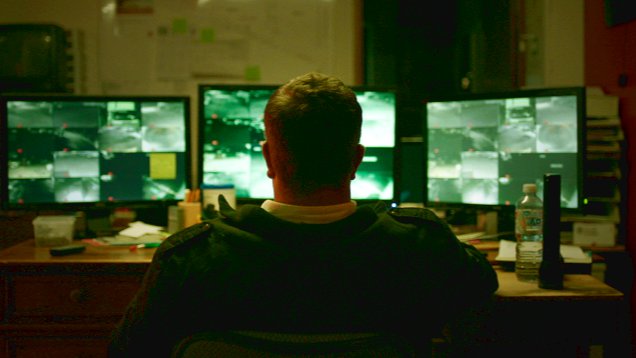
TRAVIS: At what point did the project turn from one thing into another? What discovery made you realise that this film was perhaps going to be very different to what you had initially thought?
BEN: I was always interested in telling a story that appeared other than what it first appears from the audience perspective because what interests me – and I think this drives a lot of stories – is that not everything is what it seems. And that was certainly the case with this.
I met Jason, this really interesting, charismatic character, and I thought “What a great character to go on a journey with.” I thought there was more to him. And then the next thing is that he showed me his [medical and official] childhood records, and they’re quite extensive. They charted the early period of his life, probably three to seven years old. There were a lot of things in there that were quite confronting that he could not remember, and these gaps in his memory were very intriguing to me. And intriguing to him – he had heard stories, he had the records’ version of events, but no memory.
And while that was disconcerting to me because I didn’t know what we would uncover, he was wanting to find out what happened in his childhood and understand better who he was. Ultimately the seven years we spent filming became a search for who Jason was, where did his childhood go, and what did it mean for what he was facing in the present day.
TRAVIS: How aware were you of your presence in Jason’s life, and how that might shape the direction of the investigation? How did that affect your approach to filming?
BEN: I was very much aware that being there and recording it had an effect, and how many people I had there working with me had more of an effect on the way Jason acted and the way Jason responded to me. So there was a very practical concern and I tried to keep it very simple. When I was there for the first four or five years it was just me with a camera and that’s when a lot of the most interesting, most revealing, and most raw moments were captured that you see in the film.
When we started to get finance and there were more people in the crew, it did have an impact. While that can make it more difficult to people to feel relaxed, there’s also on element of pushing the story along, and the way you tell it does have an effect on the universe and the things being uncovered.
But what I was comforted by was that all of these people wanted to share these stories, and I always wanted to check in with them, saying “This is going to be in the film and I want you to be as honest as you feel comfortable with”. But ultimately I think and I hope for them that the process was what they wanted it to be and that they’re proud of the film and that it informed their healing.
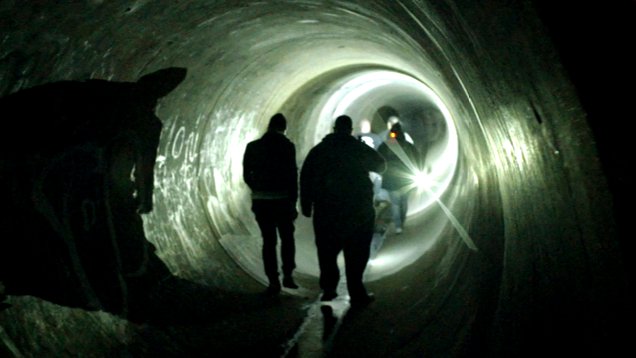
I had a responsibility to package and portray them in the most empathetic light, and hopefully the audience will experience that. When you see Jason and you understand some of the behaviours that he and others exhibit, most people would shy away – it’s too difficult. People going through trauma are really unpredictable in what they’re going to do, both to themselves and others. What I wanted to do was dig a bit deeper and say, “Look, this is not an excuse but this is what some adults are going though because of the nature of their childhoods” and try and connect those two points – the child and the adult.
TRAVIS: In the course of the production, was there anything you uncovered that really affected you?
BEN: Certainly. There were moments there, things that were impacting me emotionally, and trying to navigate that while also trying to be as supportive to the people and to record as much as possible was difficult, because ultimately we didn’t know where the story was going. We just had to record as much as we could, but this was in a very heightened emotional atmosphere. There was a lot to juggle.
Probably the most challenging thing for me was when [interview subject] Cathy came on board, who was a childhood friend of Jason’s. She was disclosing parts of her childhood that she’d otherwise kept secret for so long – for decades. And so to try and carry that through with the most honest and careful process that I thought would support her but also honour that disclosure was probably the most challenging.
TRAVIS: Ultimately, what are you hoping audiences carry away from the film?
BEN: I knew this was going to be a challenging story for audiences. If I read about it and I wasn’t feeling strong and emotionally ready for this, I would be reluctant. But I want audiences to go along to see an incredible story about unfolding, unexpected events that involves emotional revelations. It’s quite an amazing story, but at the core of it there are some big lesson for society about what a lot people are dealing with. There are issues in it that affect a large part of the population.


